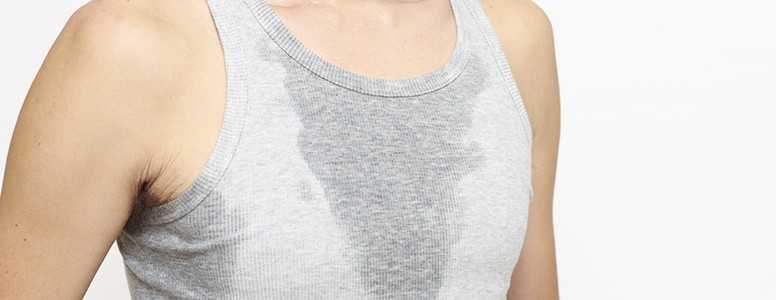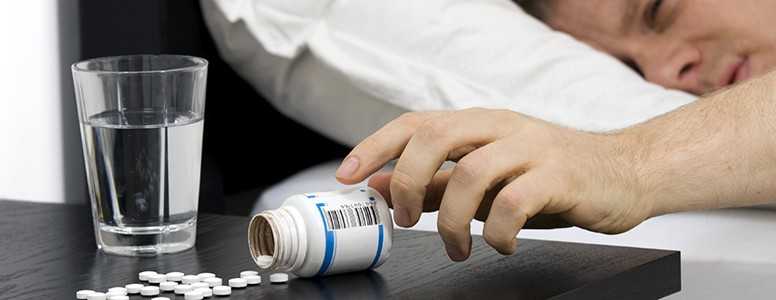A disposable sweat patch is currently being developed by Eccrine Systems that could calculate the amount of glucose in the blood.
For people with diabetes, this could represent an end to finger pricking in order to obtain a drop of blood when measuring blood glucose levels.
How does the patch work?
Eccrine Systems’ multiple layer patch design manages the flow of sweat so data, known as “biomarkers”, can be collected about how the body behaves. This information includes glucose, hormones, proteins and other molecules that are produced during metabolism.
Co-founder Jason Heikenfeld, PhD, is working on a sweat patch that can monitor a person’s health from their sweat after detecting these biomarkers.
There are roughly 800 biomarkers in sweat, while advances in a technology called “microfluidics” allow for minute amounts of liquid to be manipulated by sensors and valves.
The sweat patch from Eccrine Systems, a Cincinnati firm, absorbs sweat from an absorbent adhesive to the sensor, which measures glucose through the specific membrane with which it is coated. Once the concentration is determined by a microprocessor, the data is transmitted wirelessly to monitoring systems.
The sweat patch is disposable, and could be worn for up to a week. The device allows constant monitoring of blood glucose levels without the need for finger pricking, and the data can be directly transferred to a doctor.
Eccrine Systems plan to have their patch on the market by 2016, while a Washington company called Gentag – who announced their prototype patch in July – are also expecting a 2016 release for their device.
An end to finger pricking?
Alongside the sweat patch, an engineering breakthrough from the University of Leeds in July led to the development of a small device that uses low-powered lasers to test blood sugar levels.
As technology continues to evolve in the fight against diabetes, and these devices are released on the market, it could signal that finger pricking will be a less prominent aspect of diabetes management in the future.
What's new on the forum? ⭐️
Get our free newsletters
Stay up to date with the latest news, research and breakthroughs.






